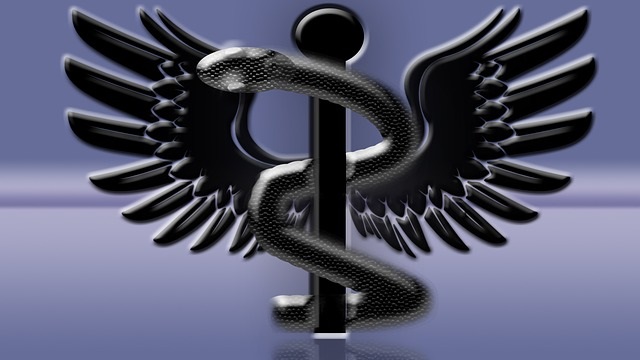Laughter, the Best Medicine
I have always loved to laugh, and I tend to laugh a bit too loud. One trait I inherited from my father is a good sense of humor and the ability to tell a funny story. I’ve discovered it’s a gift that not everyone possesses. My mother, bless her heart, couldn’t tell a joke for anything. She always managed to ruin the punch line before she got to it.
Even if you aren’t naturally jovial, it is important to develop a good sense of humor as you age. Having fun is as necessary for good health and living a life of significance as any other life habit.
What does fun have to do with significance?…plenty. Living a balanced life is an important ingredient for physical and emotional health. That includes work, giving to others, spiritual disciplines, and rest. But it also includes leisure, hobbies, and enjoyable activities. And it’s important to laugh—often! We don’t stop laughing because we grow old; we grow old because we stop laughing. Learning to laugh at yourself, the world, and your problems is one secret to a long and happy life. As a matter of fact, you may not realize just how important laughter is to your health.
Charles and Win Arn report in their book The New Senior that when we laugh, natural killer cells which destroy tumors and viruses increase, along with disease-fighting interferon and immune-building T-cells. Laughter also lowers blood pressure and increases oxygen in the blood. In addition, humor can take your pain away. Norman Cousins, during a bout with serious illness, found that ten minutes of hearty laughter kept him pain free for two hours. Dr. William Fry of Stanford University found that five minutes of intense laughter is the same aerobic equivalent to three minutes on a rowing machine—thus a possible preventative of strokes and heart attacks.
Humor can also help you cope with life’s adversities. Perhaps during this season of fireworks, picnics, and celebrations, you just don’t feel like celebrating. Make a special effort to put yourself in a situation that brings laughter and enjoyment—especially if you’re feeling down or depressed. Laughter can elevate your mood, reduce stress, and produce instant relaxation. It can even bring you romance. Sixty-nine percent of 350 brides-to-be said a sense of humor was the quality they most admired in their future husbands.
By the time a child reaches nursery school, he or she will laugh about 300 times a day. On average, adults only laugh about 17 times a day (“Science of Laughter,” Discovery Health). Can we assume then that we laugh less the older we get? That decrease in humor is a concern. We must be intentional about keeping our sense of humor and laughing as often as we possibly can. In our book Significant Living we share some suggestions for developing or keeping a good sense of humor:
1. Expose yourself to good humor. Read humorous books, watch comedies on TV and collect movies that make you laugh. Take a few minutes a day to read several good jokes.
2. Do something silly. We lose the carefree abandon of childhood joys to the self-conscious years of adolescence. Some never get it back. Try doing something silly once in a while. Wear an outrageous outfit, make faces, or make up songs and weird dances. (Does this seem a bit much? I do these things regularly.) Jerry’s favorite silly thing to do is to make up really bad puns, but let’s not encourage him.
3. Laugh out loud whether you feel like it or not. Hearing yourself laugh actually causes you to laugh even more. Laughing is more contagious than coughing. One of the games we love to play with our grandkids is to take turns fake laughing. The most convincing laugh wins. And, of course, in a matter of seconds, everyone is in hysterics. I don’t know of any other activity that is as therapeutic or as much fun.
4. Tell one funny story every day. Jokes are so accessible today through the Internet. Write down favorites so you’ll remember them. Some people are annoyed at receiving what they call “junk” emails. I don’t consider anything that makes me laugh to be junk. Collect some good stories and practice telling them.
Scripture tells us that “a cheerful heart does good like a medicine…” (Proverbs 17:22a). It’s possible to cultivate a better sense of humor just as it is to cultivate an appreciation for art or music. Ask God to reveal all that’s worth celebrating in your life—and then…let the fireworks begin.








